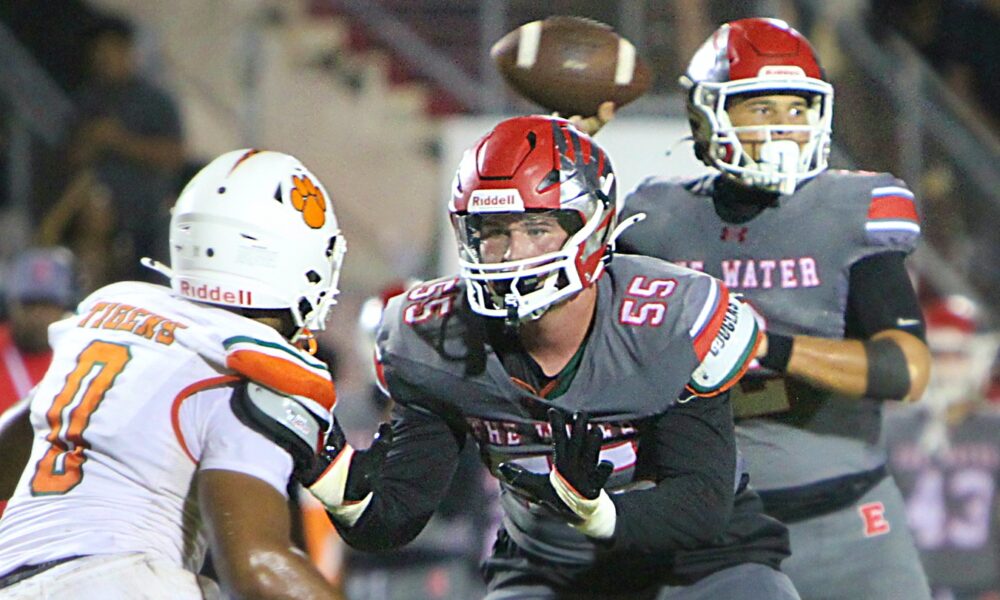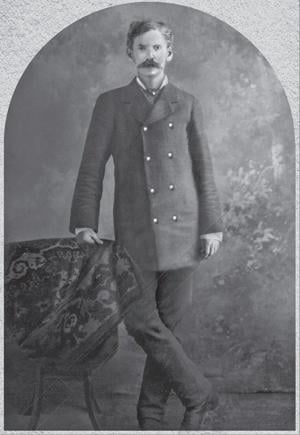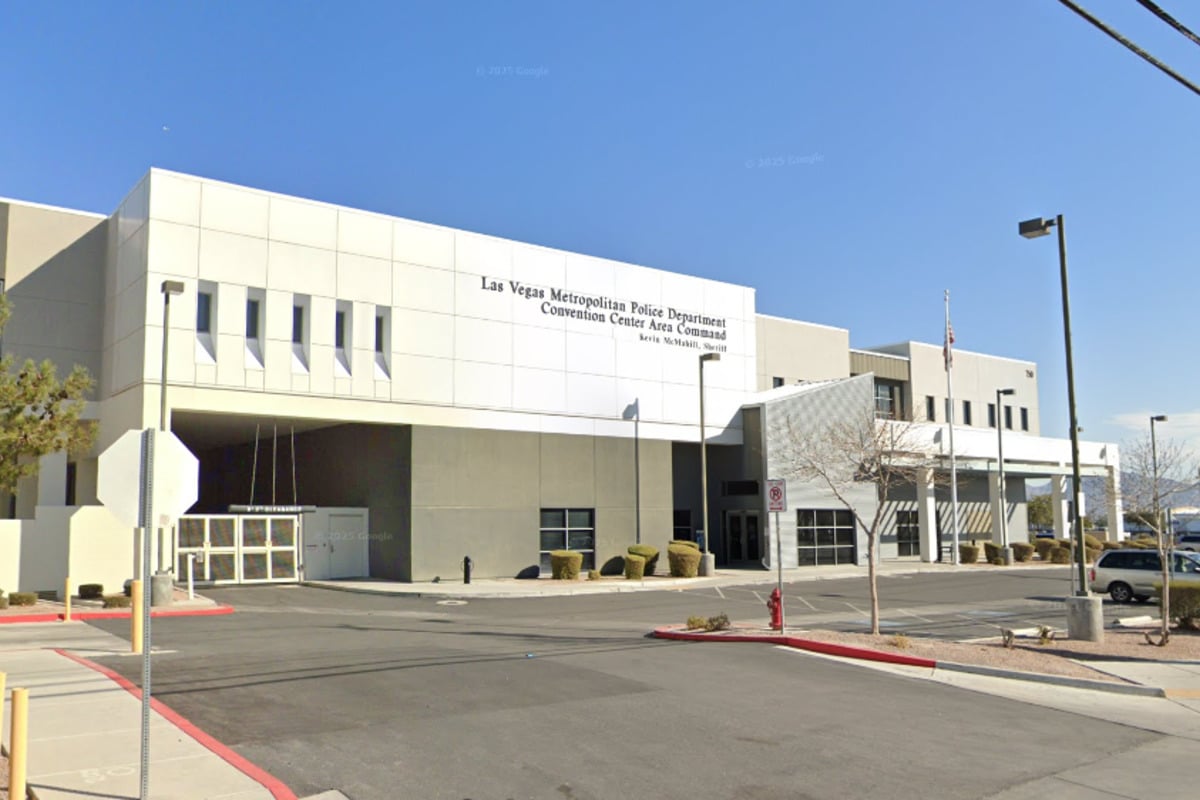UPDATE: The BBC is under intense scrutiny after removing a historian’s critical remarks about President Donald Trump from its programming. Dutch historian Rutger Bregman claims the network cut his assertion that Trump is “the most openly corrupt president in American history” from a recent episode of its prestigious Reith Lecture series, igniting allegations of censorship and political bias.
Just announced, Bregman revealed that the BBC decided to omit a key line that characterized Trump as a “convicted reality star” and a “modern-day Caligula.” This controversial edit comes after the BBC faced threats of a $5 billion lawsuit from Trump over their coverage related to the January 6, 2021 Capitol riot.
Bregman stated in a press conference on Tuesday, “The BBC has decided to censor my first Reith lecture,” emphasizing that this decision followed a thorough editorial process weeks prior. The lecture was recorded before a live audience of 500 people and had received prior approval from BBC’s editorial team.
The BBC confirmed the removal of Bregman’s comments, claiming it acted on “legal advice.” In a follow-up broadcast discussing the issue, the host indicated that the controversial segment was omitted due to potential legal repercussions. However, Bregman expressed skepticism about this explanation, stating, “A standard editorial edit doesn’t require days of high-level legal review or the involvement of many people at the top level.”
The historian attributed the edit to the BBC’s fear of Trump’s reaction, noting, “The truth is that the sentence wasn’t inaccurate—it was removed because of legal fears.” His comments raise critical questions about media independence and the influence of powerful figures on journalistic integrity.
This controversy is set against a backdrop of the BBC’s recent challenges, including resignations from its director general, Tim Davie, and BBC News chief, Deborah Turness, following backlash over edits related to Trump’s speeches. The BBC has issued apologies for its handling of Trump’s comments during the Capitol riot but insists it did not defame him and will not settle any lawsuits.
Bregman’s remarks are particularly relevant as the 2024 US election approaches, with media scrutiny intensifying around Trump’s actions and statements. The historian’s experience highlights growing concerns about self-censorship among media organizations when faced with legal threats from powerful individuals.
As this story develops, the implications for media freedom and the potential chilling effects on journalistic practices remain significant. Bregman’s lecture has sparked widespread discussions online, with many calling for transparency and accountability in media reporting.
Stay tuned for more updates on this unfolding story as the debate around media integrity and political influence continues.







